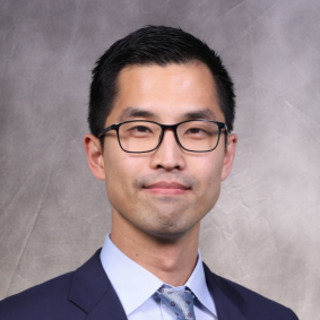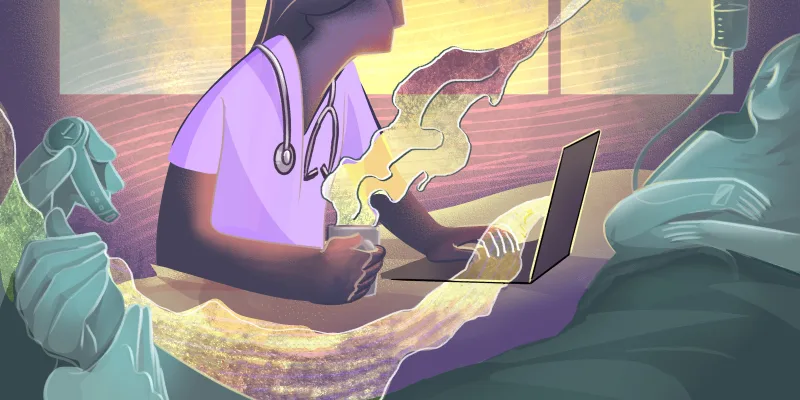I was recently catching up with friends who went into non-medical professions such as law and business. They asked if surgical training is indeed as extreme as it seems from the outside.
“Is it really true that you never have enough time to sleep? Also, I hear the people in the field are malignant. How are you coping?”
Even when sharing their own experiences in equally rigorous careers, they added qualifiers like: “I know it’s nothing compared to what you’re going through, but…”
Our conversation led me to reflect on just how my experience as a surgeon has been. After all, many of my friends’ questions were reminiscent of my own apprehensions prior to starting residency.
Looking from the outside early on, I, too, had feared surgical training would be overly demanding, inflexible, and unbalanced. I worried, as well, that it would lack diversity and creativity. It was easy to be influenced by these fears at the beginning because I didn’t have enough experience to accept or refute them.
However, in looking back, while in some ways these stereotypes did play out, I have also been pleasantly surprised by how much more nuanced and less absolute the reality of the profession is than I'd expected.
Just like in any other line of work, some people can be malignant, but others have been exceptionally kind and patient. I have seen surgeons go above and beyond their clinical responsibilities to offer a hug to grieving family members. I have worked with surgeons who are willing to allow trainees to overcome their mistakes in a supportive rather than punitive manner.
And similar to other sectors, some weeks have been so busy that it feels overwhelming, but some have been light and manageable, giving me a chance to recover. There are rotations that require 80 hours per week and many times where I’ve been called in the middle of the night to deal with emergencies — but there are also rotations where the hours are manageable, and I can sleep uninterrupted.
There has also been a plethora of efforts in recent years toward increasing diversity and creativity in surgery, and in medicine as a whole. Watching the progress made over the last five years alone has been inspiring and reassuring. National societies have established committees dedicated to the cause of inclusion. Academic journals are running special issues on advancing the roles of women and minorities. I have come to meet so many people with such a wide array of passions, all of whom defy the old stereotypes I once anxiously harbored.
Reflecting on the above, I wonder if I would have ever come to appreciate these nuances and positive changes if I had let my fears get the better of me at the outset. After all, it is a human tendency to characterize something or someone in absolute terms when we are just getting to know them or it. That’s because without a deeper understanding of the other side’s perspective, our judgments can be overly simplistic. The less we know about an entity, the easier it is to arrive at static conclusions.
For this reason, I have often said and heard statements such as:
“That doctor is only interested in their own agenda.”
“This patient is always noncompliant with taking medications.”
With time, however, I have learned to broaden my perspective. These days, I am more careful about withholding extreme statements until I have gathered (much) more information and have allowed for some time to pass. I also try not to act on superficial or easily available perceptions of others, knowing that the reality is always more complicated than it first appears.
These days, instead of turning away, dismissing, or maligning, I seek to slow down — a shift that has led me to be more inquisitive and open-minded. My statements, in other words, have turned into questions:
“What are the circumstances that have led this patient to act in a certain way?”
“What can we not see from the outside that is important to understand about this person?”
“If given different conditions, how would this person change?”
And more.
Stopping to ask these questions, in my experience, has made so many people more relatable. Recognizing that reality is nuanced can help us dissolve binaries that once seemed absolute or black and white into shades of gray, and can give us all the chance to prove that we can grow. After all, surgeon or not, every one of us has at some point realized that the things we initially believed were not entirely true — and changed for the better as a result.
What are some things about your specialty that you came to realize were more complicated than they first appeared? Share your thoughts in the comments below!
Jason Han, MD is a thoracic surgeon and was a 2018–2019 Doximity Author. He tweets at @JasonHanMD.
Collage by Diana Connolly / ivector / Shutterstock





